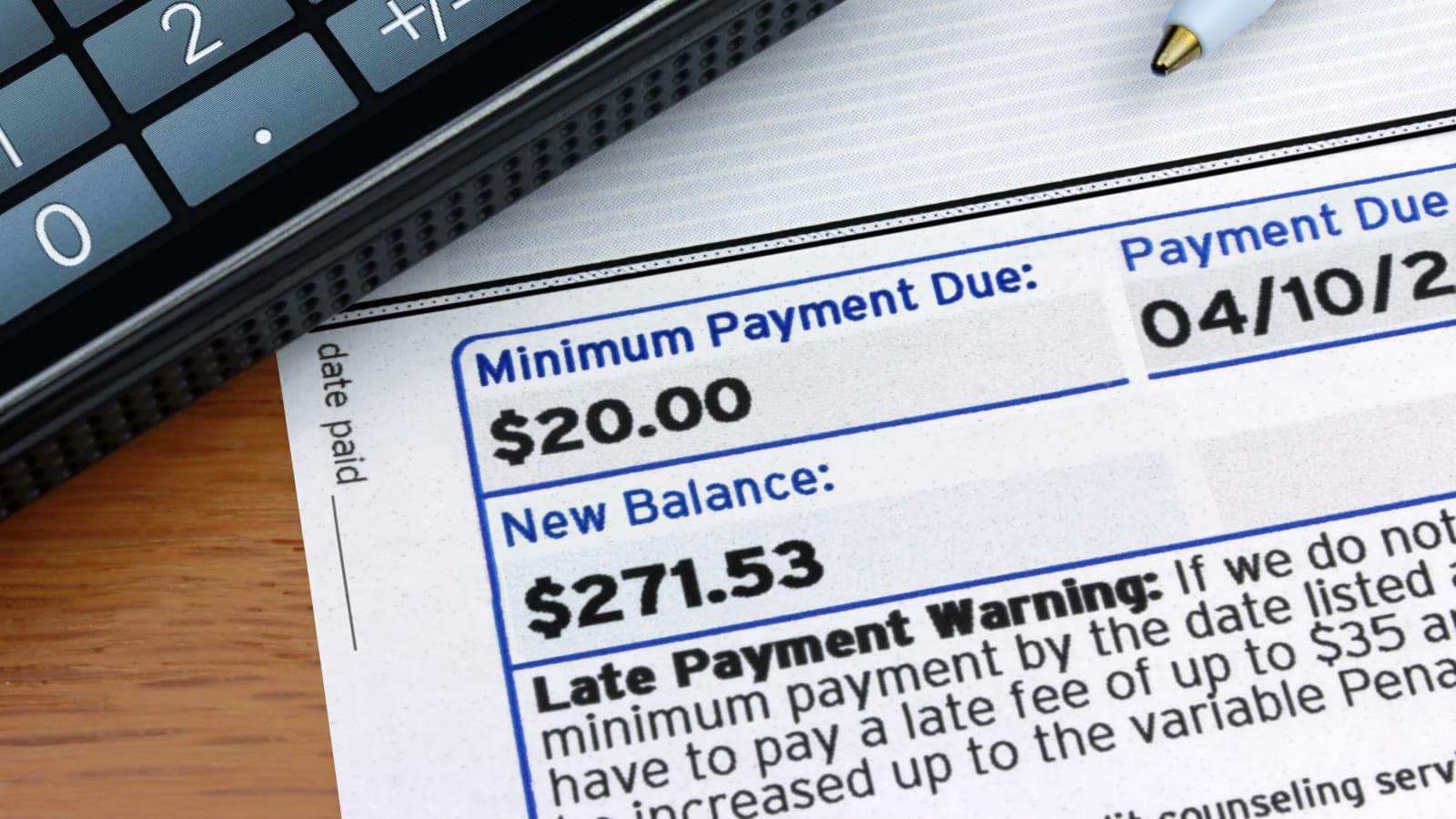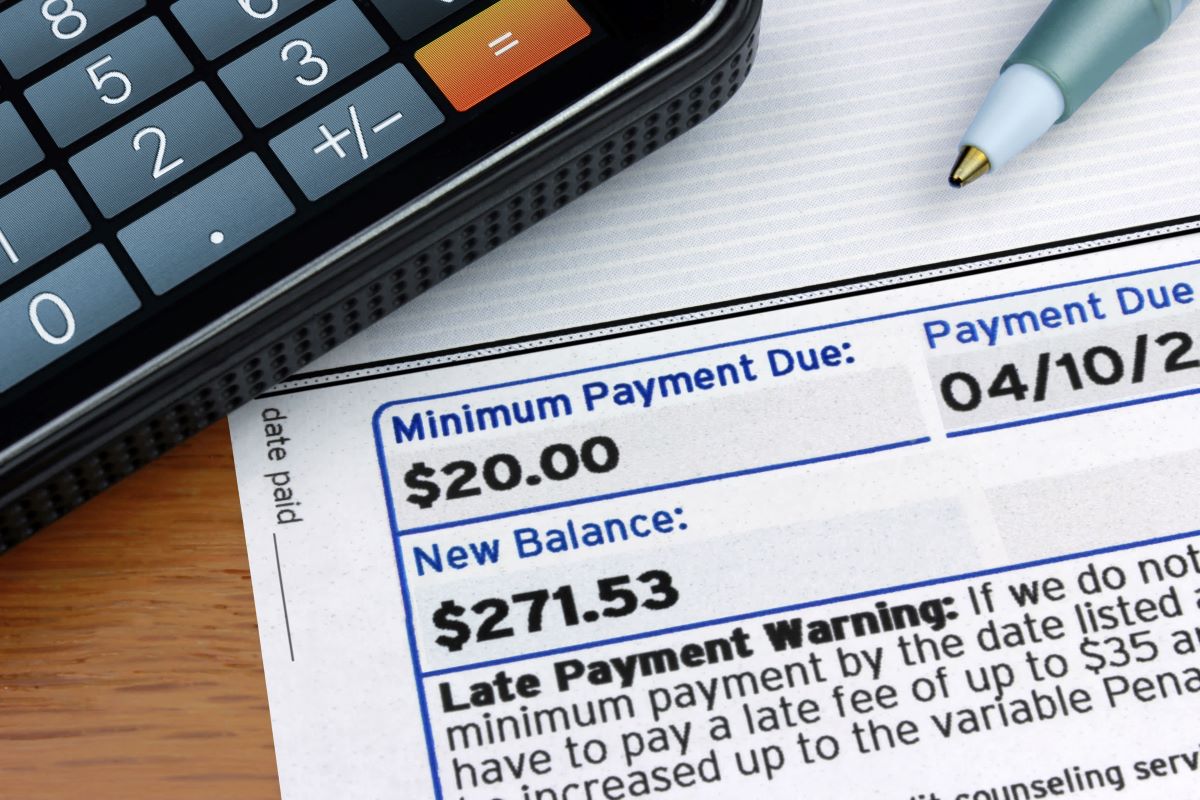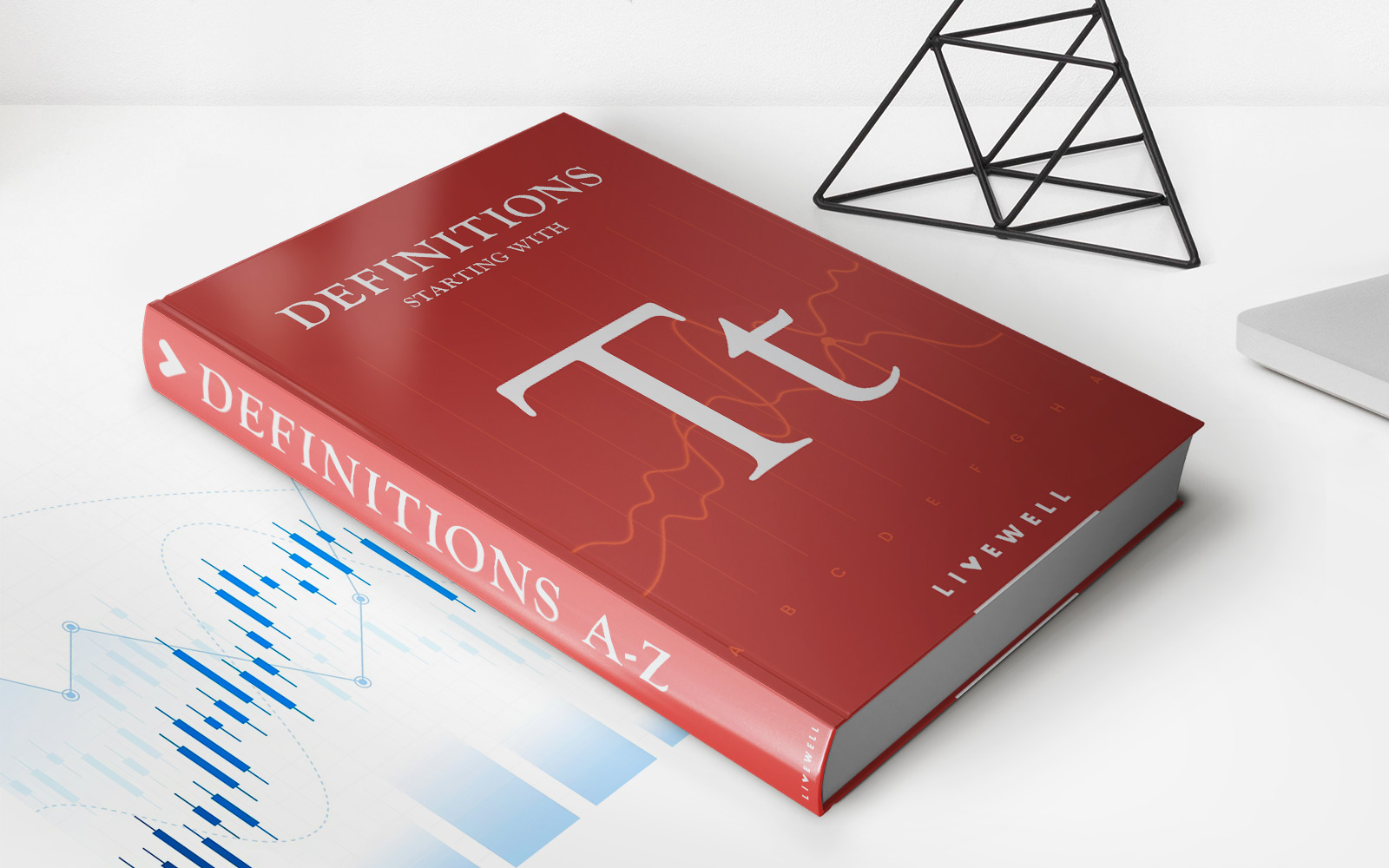

Finance
How Long To Pay Mortgage Until Late Fee
Published: February 22, 2024
Learn how to avoid late fees on your mortgage by understanding the timeline for making payments. Get expert advice on managing your finances effectively.
(Many of the links in this article redirect to a specific reviewed product. Your purchase of these products through affiliate links helps to generate commission for LiveWell, at no extra cost. Learn more)
Table of Contents
Introduction
Welcome to the complex yet rewarding world of homeownership! If you’ve recently taken the plunge into the realm of mortgages, you may be wondering about the intricacies of mortgage payments and the consequences of potential late fees. Understanding the dynamics of mortgage payments, including late fees and grace periods, is essential for maintaining your financial well-being and peace of mind.
As a homeowner, your mortgage is likely one of your most significant financial obligations. It represents a long-term commitment, and the timely payment of your mortgage is crucial for maintaining a positive credit history and avoiding potential penalties. In this article, we will delve into the details of mortgage payments, late fees, and grace periods, providing you with valuable insights to navigate this aspect of homeownership with confidence.
Whether you’re a first-time homebuyer or a seasoned homeowner, the information presented here will equip you with the knowledge needed to manage your mortgage payments effectively. By understanding the factors that influence late fees and implementing strategies to avoid them, you can take proactive steps to safeguard your financial stability and ensure that your homeownership journey remains a fulfilling and rewarding experience.
Understanding Mortgage Payments
When you become a homeowner, you enter into a financial agreement with a lender to pay back the borrowed funds through regular mortgage payments. These payments typically consist of two main components: principal and interest. The principal is the amount you borrowed to purchase your home, while the interest is the cost of borrowing the money. In addition to the principal and interest, your mortgage payment may also include amounts for property taxes, homeowner’s insurance, and private mortgage insurance (PMI) if applicable.
It’s important to understand that the structure of mortgage payments often follows an amortization schedule, which means that a portion of each payment goes towards reducing the principal balance, while the remainder covers the interest accrued on the outstanding balance. Over time, the proportion of your payment allocated to principal and interest will shift, with more funds going towards the principal as the loan matures.
Furthermore, many homeowners choose to escrow their property taxes and insurance premiums, allowing the lender to collect these amounts as part of the monthly mortgage payment and handle the disbursement when these obligations come due. This helps ensure that these essential expenses are paid on time, reducing the risk of potential late fees or penalties.
Understanding the breakdown of your mortgage payment empowers you to make informed financial decisions and stay on top of your obligations. By gaining clarity on how each payment contributes to the long-term repayment of your mortgage, you can approach your homeownership journey with confidence and financial acumen.
Late Fees and Grace Periods
When it comes to mortgage payments, late fees are a significant concern for homeowners. A late fee is a penalty charged by the lender when a mortgage payment is not received by the due date. The specific amount of the late fee and the grace period allowed for late payments can vary depending on the terms outlined in your mortgage agreement. It’s crucial to review your loan documents to understand the late fee structure and grace period applicable to your mortgage.
Most lenders provide a grace period for mortgage payments, typically ranging from 10 to 15 days after the due date. During this period, you can submit your payment without incurring a late fee. However, it’s essential to note that while no late fee is assessed during the grace period, the payment is still considered late, and it may impact your credit score. Therefore, it’s advisable to make every effort to submit your mortgage payment within the specified due date to avoid any negative repercussions.
Understanding the late fee policy and grace period associated with your mortgage enables you to plan your payments effectively and avoid unnecessary penalties. By staying informed about these aspects of your mortgage agreement, you can proactively manage your finances and uphold your commitment to timely payments, fostering a positive financial standing and peace of mind as a homeowner.
Factors Affecting Late Fees
Several factors can influence the late fees associated with mortgage payments, and understanding these variables is crucial for homeowners seeking to avoid penalties and maintain financial stability. The following factors can impact the late fees applied to delinquent mortgage payments:
- Loan Agreement Terms: The specific terms outlined in your loan agreement play a significant role in determining the late fee structure. Lenders typically disclose the late fee amount and grace period in the loan documents, and it’s essential to review these details carefully to understand your financial obligations.
- Loan Servicer Policies: The policies of the loan servicer, who manages the collection of mortgage payments on behalf of the lender, can also influence late fees. Different servicers may have varying late fee amounts and grace periods, impacting the consequences of delayed payments.
- State Regulations: State laws and regulations may impose limitations on late fees for mortgage payments. It’s important to be aware of the legal framework governing late fees in your state to ensure that your lender complies with the applicable guidelines.
- Payment History: Your past payment history can influence the application of late fees. If you have a record of consistently timely payments, the lender may exercise discretion in certain situations, potentially waiving a late fee for an isolated late payment.
By familiarizing yourself with these factors, you can gain insight into the dynamics of late fees and take proactive measures to avoid incurring penalties. Maintaining open communication with your lender or loan servicer and staying informed about the terms of your loan agreement are essential strategies for navigating the landscape of late fees and safeguarding your financial well-being as a homeowner.
Strategies for Avoiding Late Fees
As a responsible homeowner, it’s essential to implement effective strategies for avoiding late fees on your mortgage payments. By proactively managing your finances and staying organized, you can mitigate the risk of incurring penalties and maintain a positive financial standing. Consider the following strategies to help you steer clear of late fees:
- Automated Payments: Setting up automatic payments for your mortgage can help ensure that your payment is submitted on time each month, reducing the risk of overlooking the due date and incurring a late fee. Many lenders offer convenient autopay options that deduct the payment amount from your designated account, providing a hassle-free way to stay current on your mortgage.
- Calendar Reminders: Utilize calendar reminders or alerts to mark your mortgage payment due date, allowing you to stay mindful of the upcoming obligation and submit the payment in a timely manner. Incorporating this practice into your routine can help you stay organized and avoid missing deadlines.
- Emergency Fund: Maintaining an emergency fund can serve as a financial safety net, providing you with the means to cover your mortgage payment in the event of unexpected financial challenges. Having a reserve of funds can help prevent situations where late fees are incurred due to temporary financial constraints.
- Open Communication: If you encounter circumstances that may affect your ability to make a timely mortgage payment, communicate openly with your lender or loan servicer. They may offer assistance or provide alternative arrangements to help you avoid late fees and navigate temporary financial hardships.
By incorporating these strategies into your financial management approach, you can minimize the likelihood of facing late fees on your mortgage payments and maintain a proactive stance towards fulfilling your homeownership responsibilities. Cultivating financial discipline and leveraging available resources can contribute to a seamless mortgage payment experience, allowing you to focus on enjoying the benefits of homeownership without the burden of unnecessary penalties.
Conclusion
Navigating the landscape of mortgage payments, late fees, and grace periods is an integral aspect of homeownership that demands attention to detail and proactive financial management. By gaining a comprehensive understanding of the components of mortgage payments and the implications of late fees, you empower yourself to make informed decisions and uphold your commitment to timely payments.
As you embark on your homeownership journey, remember that staying informed about the factors influencing late fees, such as loan agreement terms, loan servicer policies, state regulations, and payment history, is essential for safeguarding your financial well-being. By familiarizing yourself with these factors, you can take proactive measures to avoid unnecessary penalties and maintain a positive credit history.
Implementing effective strategies, such as automated payments, calendar reminders, maintaining an emergency fund, and fostering open communication with your lender, can significantly reduce the risk of incurring late fees on your mortgage payments. These proactive measures contribute to a seamless and stress-free mortgage payment experience, allowing you to focus on the joys of homeownership without the burden of financial penalties.
Ultimately, by embracing financial discipline and leveraging the available resources and support, you can navigate the realm of mortgage payments with confidence and ease. Your commitment to timely payments and proactive financial management sets the stage for a rewarding and fulfilling homeownership experience, ensuring that your investment in your home remains a source of pride and stability for years to come.














